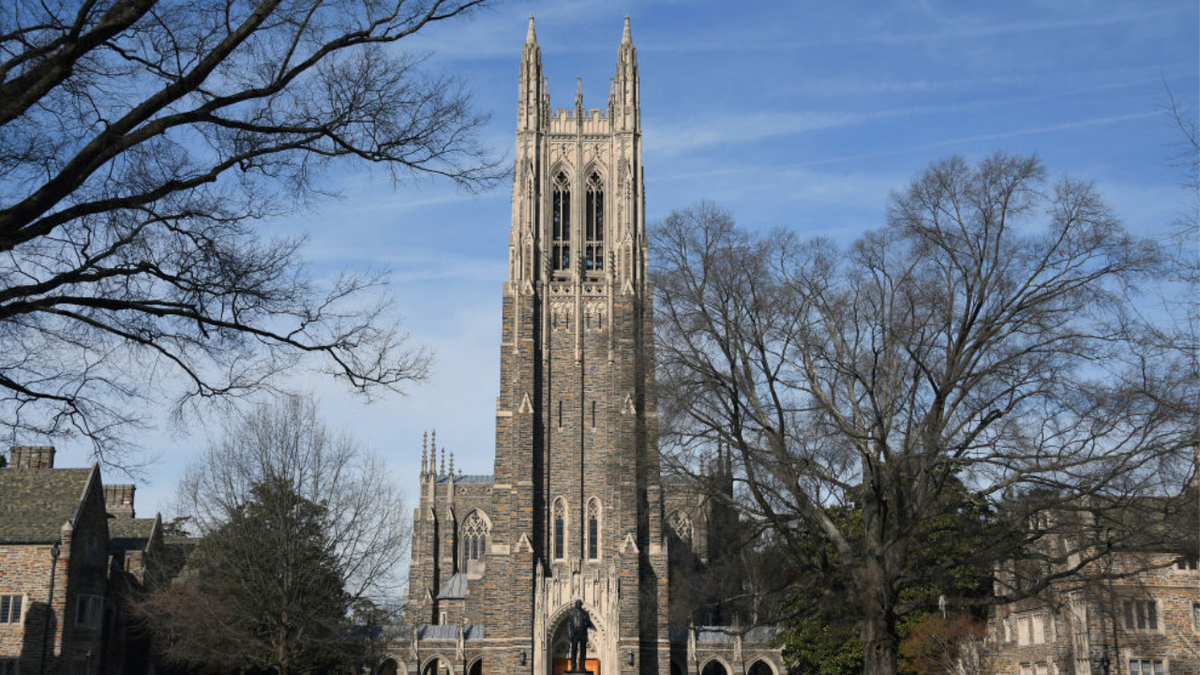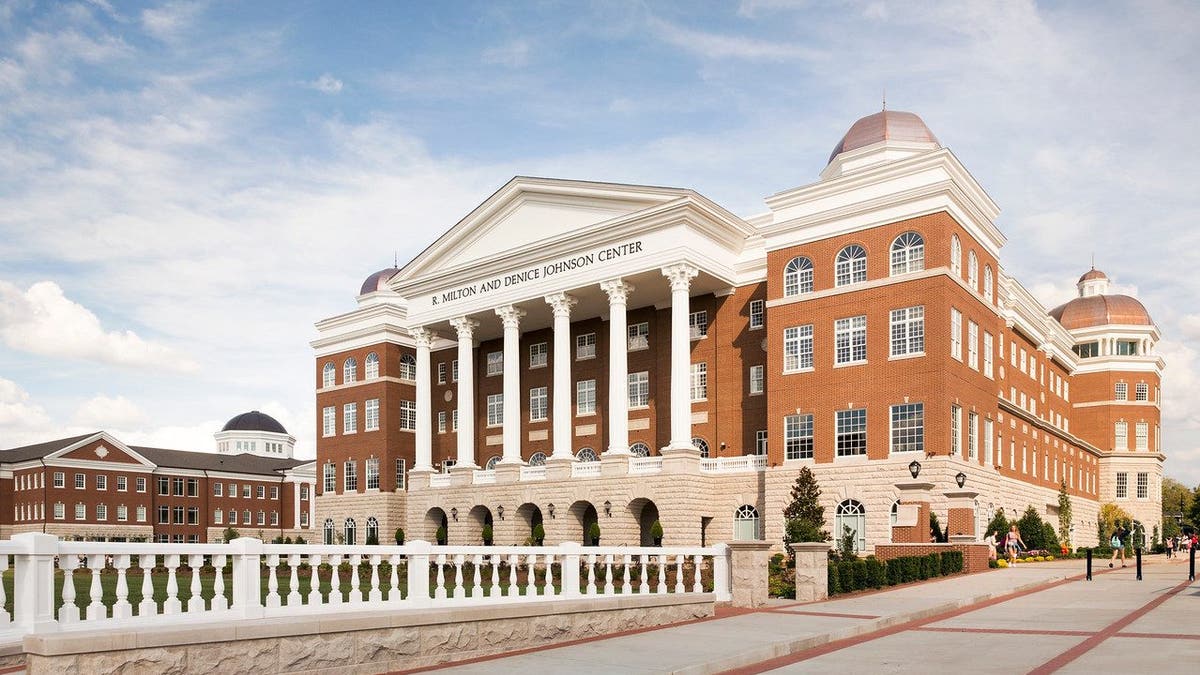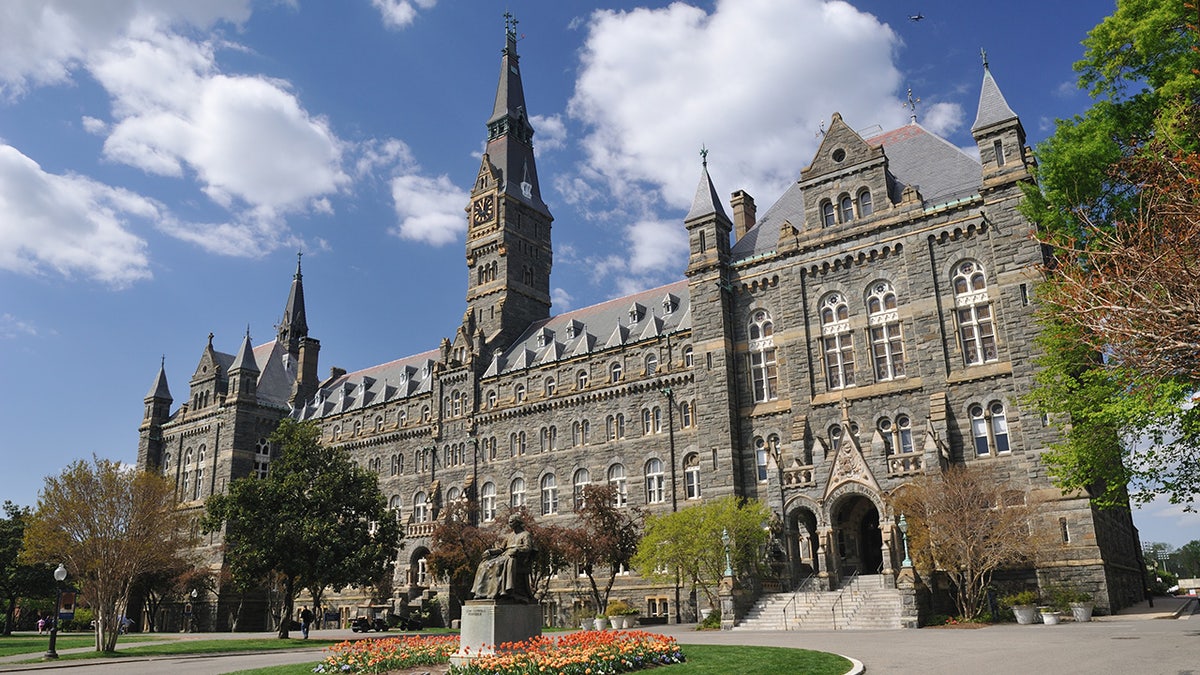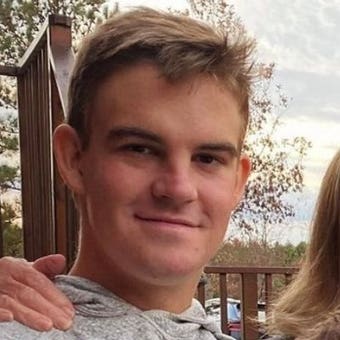Former CDC director: The nature of coronavirus is going to keep changing
Former CDC Director Dr. Robert Redfield on President Biden being at odds with the CDC over fast omicron surge.
College students have had to deal with constant uncertainty over the last 20 months as the coronavirus pandemic upended campus life by pushing classes online and canceling social activities.
The most recent fall semester gave the first glimpse of a somewhat normal college experience for many students, but with the recent rise of omicron, schools nationwide are implementing a new set of restrictions ahead of the spring term.
Several colleges have already announced plans to revert to remote learning at the beginning of 2022, including Duke University, American University, Georgetown University, Stanford University, Northwestern University, Belmont University, and most University of California system campuses.

DURHAM, NC - JANUARY 27: A general view of the Duke University Chapel on the campus of Duke University. ((Photo by Lance King/Getty Images))
Other schools have decided to push back the return to campus with the hope of keeping classes in-person, such as Princeton University, Trinity University, and the University of Texas at Dallas.
US SCHOOLS BRING BACK REMOTE LEARNING AMID COVID-19 RISE
Scott Banker, a senior at Belmont University studying political science and public law, had his first normal college semester in the fall after attending classes remotely and transferring from a community college.
"It showed me a different side of the college experience, academic experience, kind of what I think a lot of people look for," Banker, a veteran who served five years in the Army, told Fox News Digital about in-person classes versus remote learning. "That's study groups, getting to know people, and making those networking connections that you can't do over Zoom."
Belmont, located in Nashville, Tennessee, announced this week that classes would be online for the first two weeks of the spring.

Belmont University reverted to remote learning for the first two weeks of the spring semester. (Belmont University)
Nathan Darsch is a senior at Trinity University, which just pushed the return to campus back to Jan. 31.
Even if students do actually return to in-person classes in the spring, Darsch said that the restrictions in place have created tension between classmates as well as students and teachers.
"All these policies have just instituted fear on campus. There was technically a snitch policy, like you could anonymously tip people for not wearing masks," Darsch, a member of Young Conservatives of Texas who is studying economics and political science, told Fox News Digital.
"What was especially egregious was how enforcement was supposed to be handled at Trinity. They put the responsibility of these policies being enforced on the educators," he said. "So if students weren't wearing masks, it wasn't necessarily the student that got in trouble – it was the teacher."
HARVARD'S ENDOWMENT SWELLS BY $11.3 BILLION AS 20% OF US HOUSEHOLDS LOSE ALL SAVINGS DURING PANDEMIC
About 300 miles north of Trinity, the University of Texas at Dallas pushed classes back a week.

The University of Texas at Dallas delayed the return to campus in the spring semester amid a surge in omicron. (University of Texas at Dallas)
Antonio Rodriguez, a senior studying accounting at UT-Dallas, noted that a ton of students have been impacted by the pandemic and said that the continued changes may be necessary.
"We would love to be in person, but there are things you can't sometimes control," Rodriguez Fox News Digital.
"At this point, so many people have been affected by the virus. My family has been affected by it," he said. "We know the consequence that can happen from it. So even though it's ideal to be in person to learn, sometimes you just have to keep adapting."
The 7-day average for new cases throughout the United States is the highest at the end of 2021 that it has been during the pandemic, standing at 316,277 on Wednesday.

Georgetown University implemented remote learning for the first few weeks of the spring semester. (iStock)
CLICK HERE TO GET THE FOX NEWS APP
While cases are rising, two students at the Georgetown University Law Center have argued that most people on campus are well protected by the university's vaccine and mask mandates.
"Every student stepping on campus this upcoming semester will be fully vaccinated with boosters, unless they have received one of the University’s illusive exemptions," Luke Bunting and Elana Quint, co-presidents of the Conservative and Libertarian Student Association at Georgetown Law, wrote in a letter to school officials on Thursday.
"If these vaccines are effective, as the school continually claims, why is virtual instruction — an option the University and Law Center acknowledge comes with significant cost to learning, engagement, and student wellbeing — even an option in a post-vaccine world?"











































